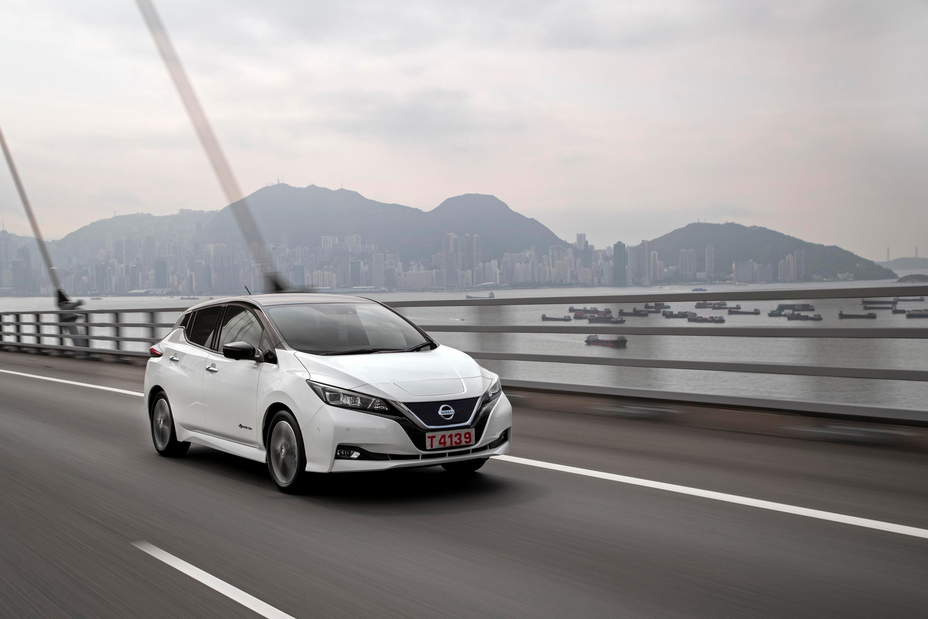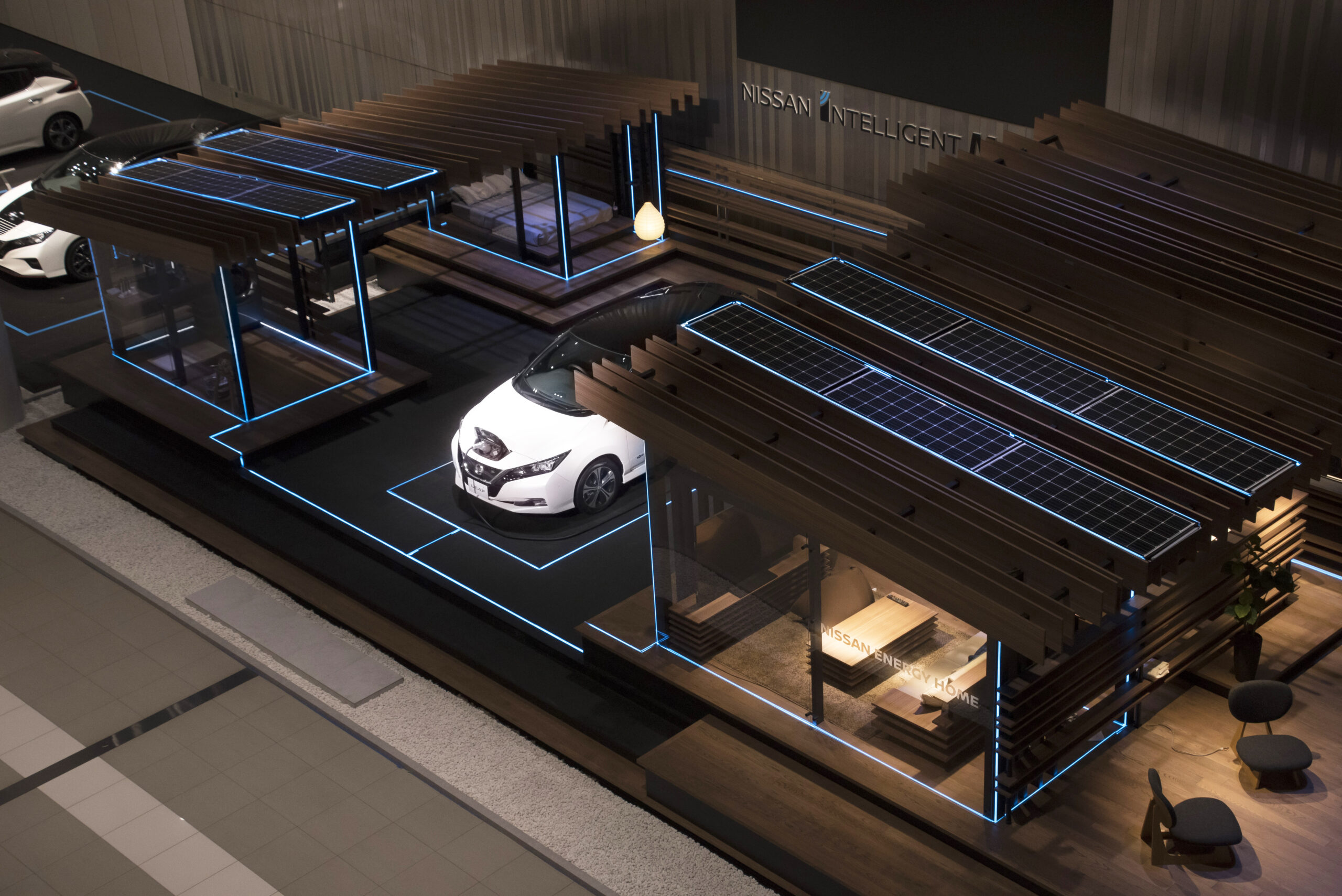Nissan's New Electric World



CarBuyer Team
8:10 April 5,2019Driving electric vehicles (EVs) are just the beginning - when it comes EVs, Nissan shows how they’ll be used to help power your world, not just your rides
Photos: Nissan



Hong Kong -
In 2018, the electric vehicle (EV) Nissan Leaf was the best selling vehicle of any category in Norway (due in part to several government initiatives that gave EV owners free charging, free road taxes and free parking, amongst many other benefits).
While Nissan has indeed taken its time to bring the Leaf to Singapore, its wide availability also signals Nissan’s readiness to reshape the automotive industry.



At the 2019 Hong Kong Nissan Futures summit, Nissan further outlined their plans for the future of mobility, giving us more insights into their version of an electrical and autonomous automotive world.
Under the Nissan Energy plan, the Japanese company already has over 7,000 homes living as ‘Nissan Energy Homes’, the brand’s take on home energy management using a Leaf EV, as explained below.
Additionally, Nissan has collaborated with NASA in developing a Seamless Autonomous Mobility system, a system that puts humans at the forefront of autonomous vehicles (AVs).
Nissan Energy / Energy Homes



Energy management is something that has been changed thanks to the presence of EVs, and Nissan has gone forward with it through Nissan Energy, the a project that aims at improving energy-grid equilibrium and battery sustainability .
Batteries are a crucial part of efficient energy management, we’ve seen that in petrol-electric hybrids for decades where batteries are needed to store and dish out recuperated energy.
The same idea holds for an EV.
Nissan’s Future Homes project means a Leaf can be like a a hybrid battery for your home. If you think about it, nowhere else in history have people had access to a large capacity energy storage system in the form of an EV’s battery.
The Nissan Leaf, if you see it as a battery on wheels, can be used to balance the energy grid.



The energy it stores can be transmitted back and forth to the residential home, so the Leaf can recharge when energy usage is low, and contribute power at peak usage timings. 7,000 homes now operate as Nissan Energy Homes, a proof of concept that will reveal more in the coming years.
Using on-site energy sources, for example solar cells, you can also store energy in the Leaf’s battery to be used later on, or in case of an emergency, the EV can also be used as a backup battery.
We’ve heard similar things from Tesla, with its cars capable of being used as mobile power spots while camping, and the company has its own Powerwall home battery.
Nissan Energy is also focussing on a second life for its EV batteries.
Many first-gen Nissan Leafs will be approaching their tenth birthday, and that also means older and presumably less-efficient batteries, but they still have useful operating capacity and longevity, so Nissan is already planning to use Leaf batteries with the concepts above, but on an industrial scale.
What’s in it for us back home? Singapore is a different story, but if/when the mass adoption of EVs/charging infrastructure happens, the same principles could easily be applied on a large scale.



Seamless Autonomous Mobility (SAM) System
With EVs becoming a practical reality, autonomous vehicles (AVs) are now drawing more curiosity than ever. It was disappointing to hear Nissan’s Chief Technology Officer in Silicon Valley, Doctor Maarten Sierhuis say that “AV progress will be slow”, but future AVs have tremendous promise - just imagine pressing a button and not having to drive if you’re tired.



Doctor Sierhuis expects big things from the SAM system, a cloud-based information set-up with NASA that can communicate with other AVs on the roads.
Chief to the SAM system is the Humans-In-The-Loop (HITL) concept - Humans will be remotely ‘in the loop’ when the AVs are active, and will step in to make decisions when road conditions become incomprehensible to the in-car artificial intelligence (AI). Having ‘learnt’ the solution, the AI will share this information with other AVs through the SAM’s cloud-based system. Drivers will be able to have access to a large range of traffic solutions that’ll ultimately result in the ultimate benefit to mankind: less time yelling in traffic or evil-eying that no-signalling punk.
Nissan also revealed that the first wave of their AVs will come in the form of robo-taxis and robo-delivery vehicles, although it says currently AV technology still not viable enough to be accepted by mass consumers.
But just as CarBuyer reported a few years back that the electric wave was coming, and is now here, the next wave following it is autonomy and it’s well and truly on the way.



















Leave a Reply
Your email address will not be published. Required fields are marked *.